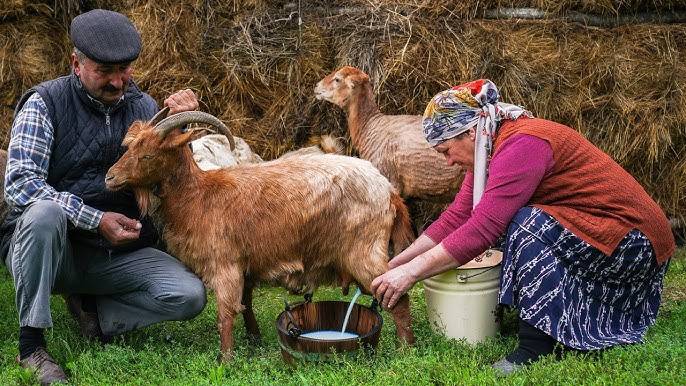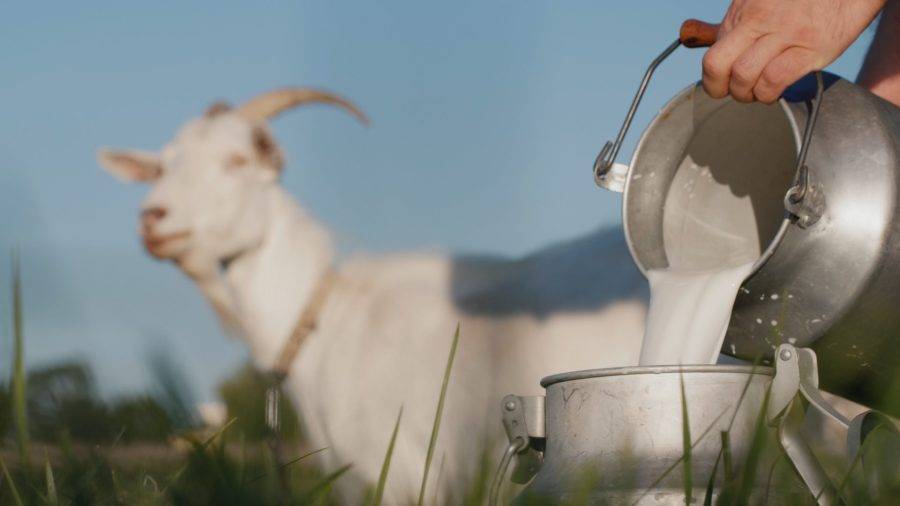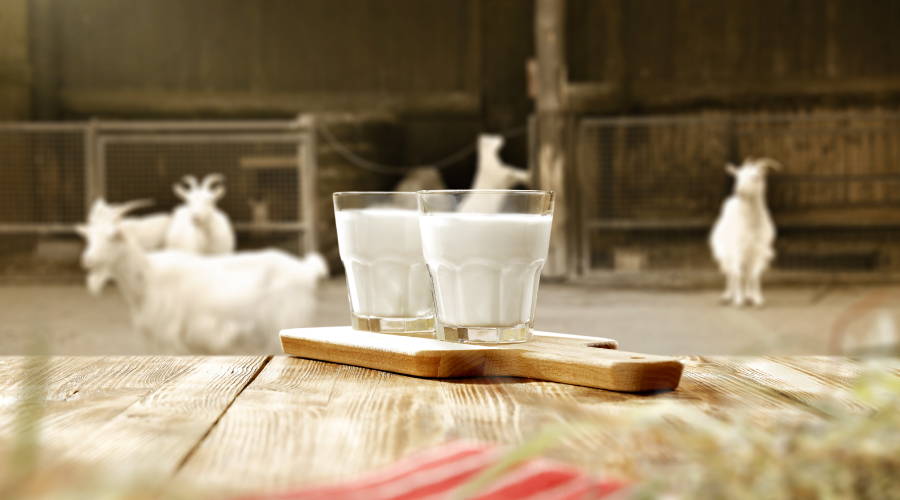Goat milk is highly nutritious, gentle on the stomach, and provides hydration to the body. So, yes, it can be consumed during Dengue.
Goat milk in Dengue: Myths busted and truth revealed
“Rain, rain, go away, come again another day… Little Johnny wants to play.”
Hello All, It's monsoon again!
The pattering raindrops, the cloudy skies, everybody is sipping their chai with a plate full of fritters and scrolling through the rainy wheels – sounds like a picturesque vibe, wow.
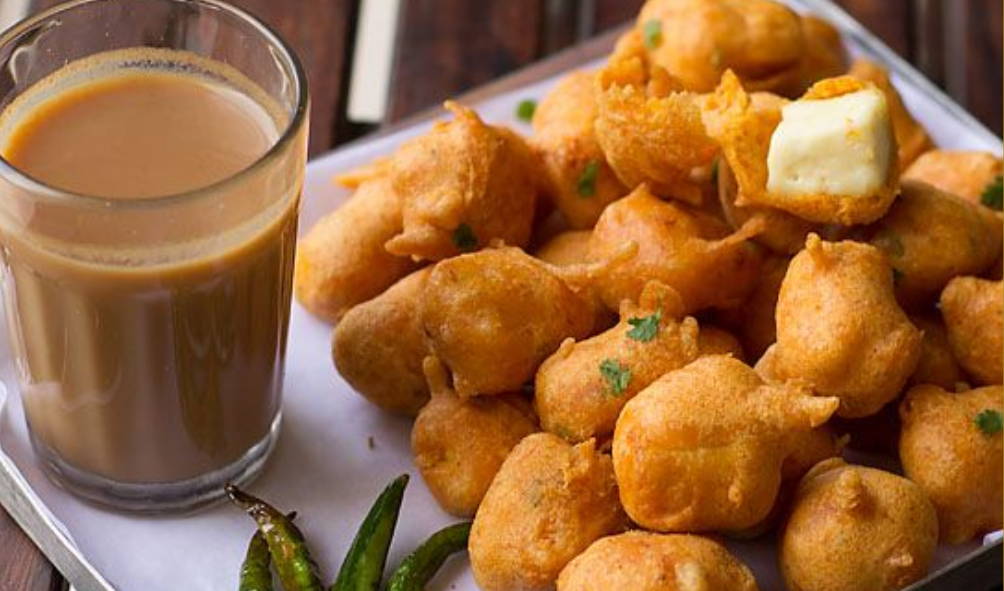
But, wait, the picture is not so vibing for some, why? Because those slow moments turn into a video game arena, swatting those mosquitoes becomes one of the tasks in that moment.
This is the story of every monsoon season when the weather cools down, and suddenly all starts coughing, sneezing, and feeling unwell- and then fever knocks on the door with a high five.
The rainy season is the love-making season, especially for mosquitoes. This leads to a number of diseases that are spread by mosquitoes, and dengue is one of them. Probably, rains and dengue become lobsters during the monsoons.

Once a fever hits, the fixes follow from bitter leaf juices to weird combos of fruits that are projected as the “promised one” to fix everything overnight, isn't it? And suddenly, all people surrounding you like those neighbouring aunties, the paper wala bhaiya, the gym trainer, and everybody around becomes health experts with that one thing they will swear will help you recover faster.
But the most questionable matter is what is a fact and what is folklore? What would be actually helpful without any side effects?
So there is one particular remedy that is natural, and it's gaining popularity as a must-have in dengue. Here, let's cut out the buzz and find out what science says about this particular remedy and its effect on dengue.
Dengue 101
Before going into the remedy, let's start with the problem. A little backup information about dengue would be helpful before diving into any trending remedies. Now, a striped-legged mosquito causes this viral disease, dengue. Yes, you read it right, the mosquito has striped legs. Its scientific name is Aedes Aegypti, and it strikes mostly during the day. They love stagnant water like coolers, flower pots, water tanks, water in a tire, or a coconut shell that are left outdoors; they can breed anywhere. Once bitten, and the virus falls in love with your body, a fever will show up without any warning bells. And all of a sudden, the body goes into a panic mode- boom!
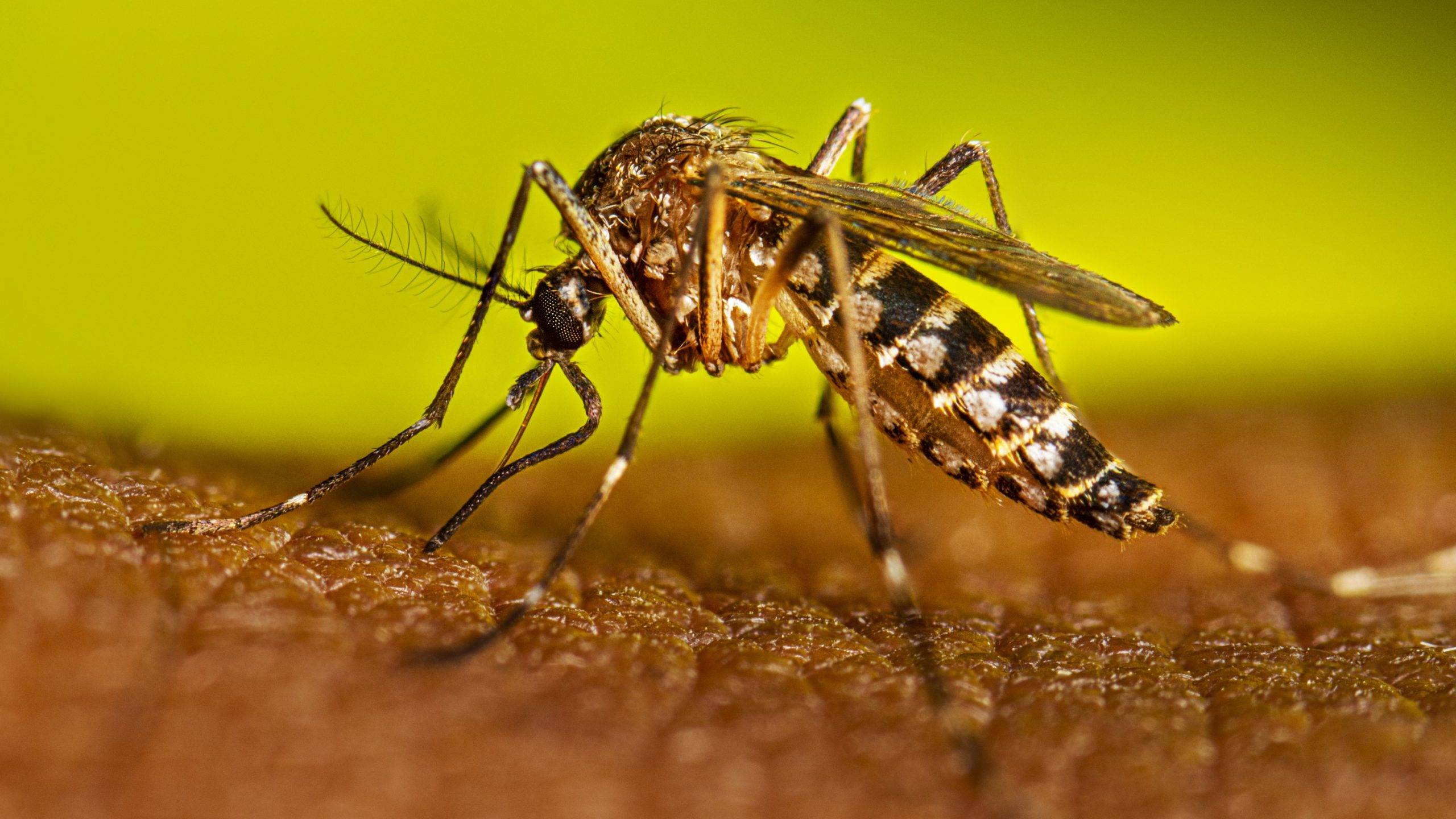
Dengue Signs
To keep it short and simple, let's take a crisp tour of the signs and symptoms of dengue
- Sudden high fever
- Muscle and joint pain
- Nausea and vomiting
- Extreme tiredness
- Pain behind the eyes
- Drop in platelet count
- Skin rashes.
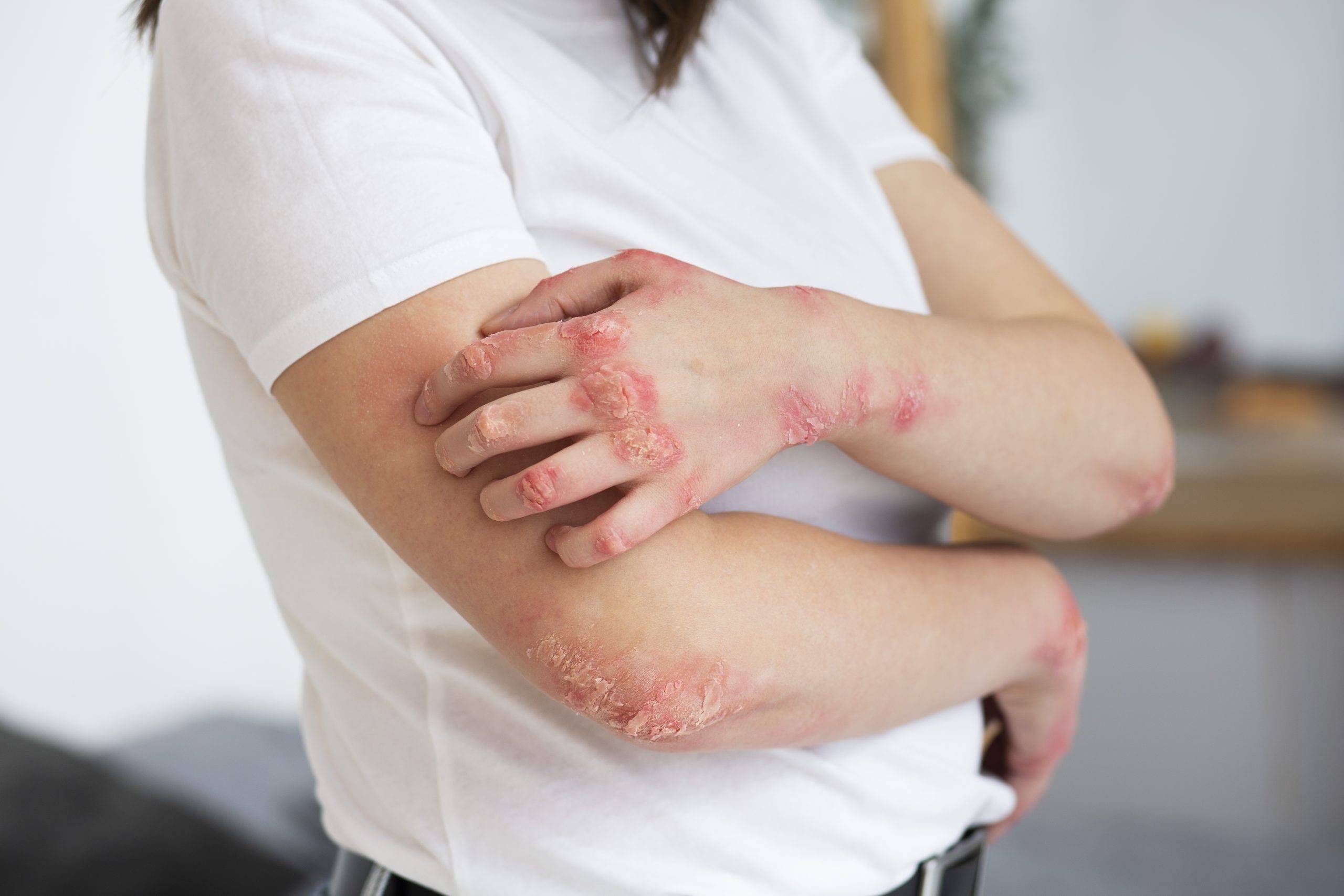
It is actually weird to know that fever caused by dengue has earned itself the nickname breakbone fever, thanks to the excruciating body pain it causes. Also, this fever becomes dangerous once it progresses into its severe phase. It can cause internal bleeding, the platelet counts go down, and at this point, you don’t want to wait for the home remedies like ginger tea to work their magic. Also, it is not recommended to Google the dengue diet for managing this risky business. And yes, the first step is always to get qualified medical advice.
Dengue is dangerous, and to spread awareness, every Year, National Dengue Day is celebrated. This day is a reminder to raise awareness, bust myths, and encourage action against one of the most menacing monsoon illnesses - dengue fever. To prevent thousands of people from getting hit by dengue, this day reminds
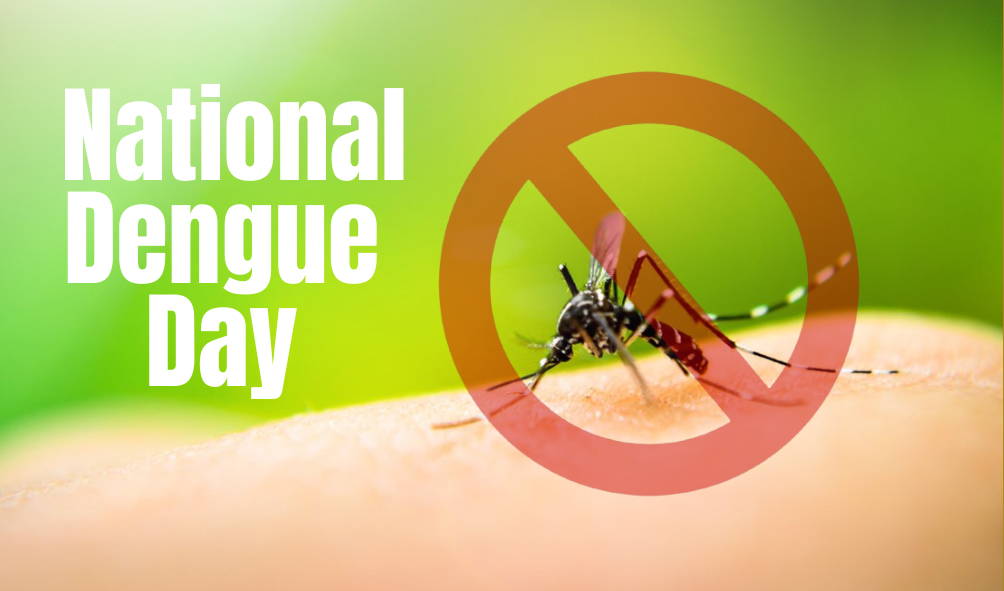
- To learn the signs and symptoms of dengue
- To take protective measures from dengue mosquitoes
- Understand a safe and supportive dengue diet
- Avoid fake myths on medical treatment and nutrition
- To clean up the surroundings to stop mosquito breeding
Unveiling the mystery remedy
Social media is a powerful tool that promotes or demotes anything worldwide. Now, there is a drink that these platforms have been promoting for its role to play in dengue management. This has been backed by science, and there are many scientific studies related to the role of this drink in improving dengue conditions.
- https://gem-3910432.netGoat milk is easier to digest, as per studies. It was observed that goat milk can be given to children who have sensitivity towards cow milk
- Goat milk contains nutrients like magnesium, Phosphorus, Vitamin A, Calcium, Vitamin B, and Selenium that have multiple benefits.
| Nutrient | Benefits |
|---|---|
| Magnesium | Contribute in good metabolism |
| Phosphorus | Helps in the maintenance of bone health |
| Vitamin A | Helps in supporting normal vision |
| Calcium | Known for its contribution to healthy bones and teeth management |
| Vitamin B | Contributes to the reduction of stress along with the maintenance of healthy metabolism |
| Selenium | Contributes to the reduction of oxidative stress`` |
Goat milk is not magic
- This milk is not a mosquito repellent in a glass, so to prevent mosquito bites, the usage of repellants, mosquito nets, full-sleeve clothes, and keeping the surroundings clean with no stagnant water can help.
- There is another myth that Goat milk increases platelet count let's get it busted once and for all. This myth has no clinical evidence to back it up. Although the nutrients in it contribute to the support of overall health but there is no link between this milk and faster platelet recovery. Remember the body needs rest, hydration, and medical support, along with a glass of this warm milk.
- Goat milk is not a cure for dengue; it is a substitute along with medical care. It is always suggested that professional medical advice be taken during such an incident.
Foods to eat in dengue do not hurt, but help to heal
- It is important to stay hydrated. Sipping small amounts of coconut water, fruit-infused water, or some warm goat milk frequently may be helpful.
- Low-fat meals like khichdi, steamed pancakes, or porridge (goat milk may be tried here with a dash of honey!)
- Fruits and vegetables may be consumed.
- For the protein punch, small amounts of protein like moong dal, eggs, or lentil soups may be consumed, of course, with due permission of the doctor.
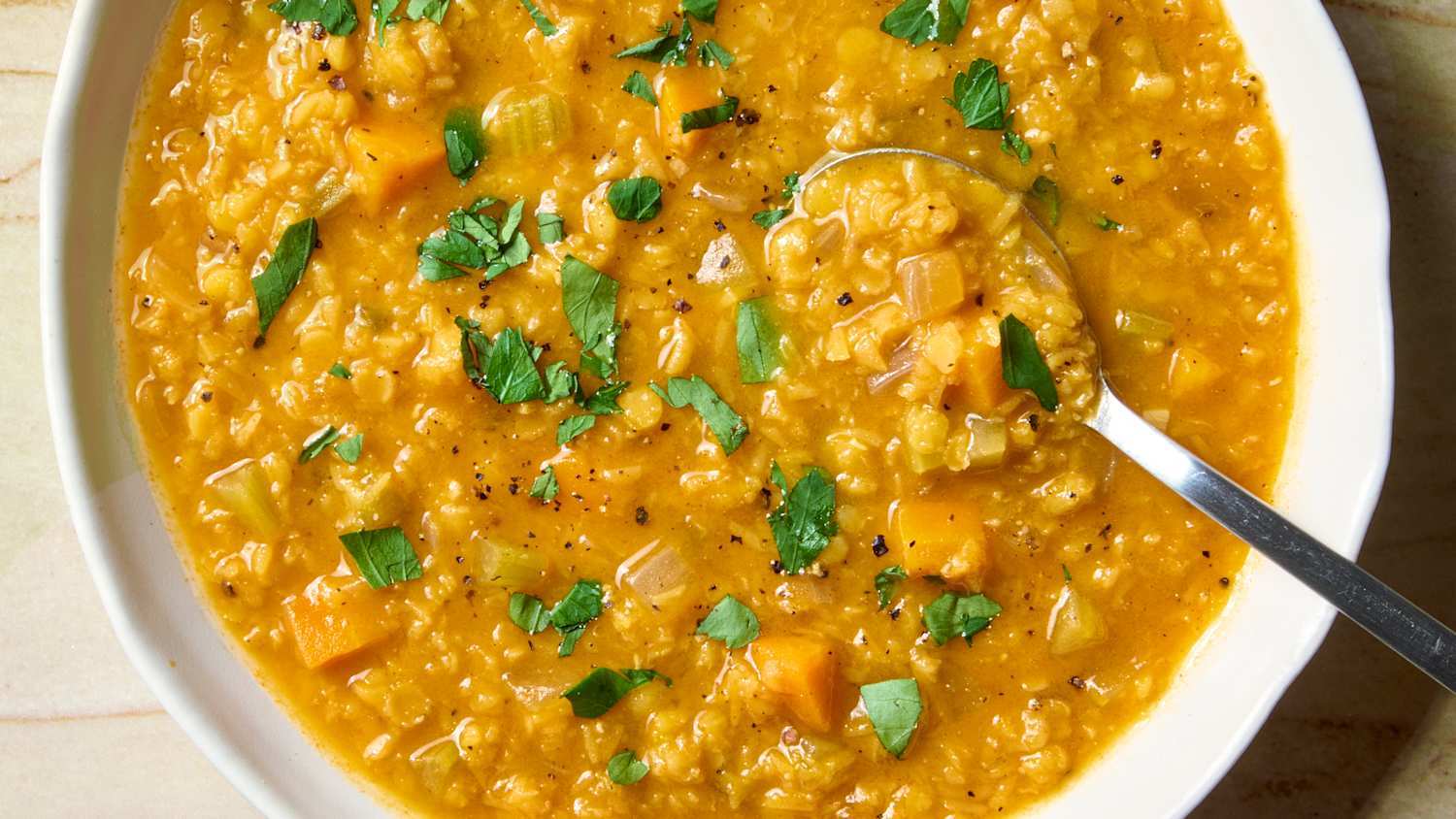
Some monsoon tips that come in handy
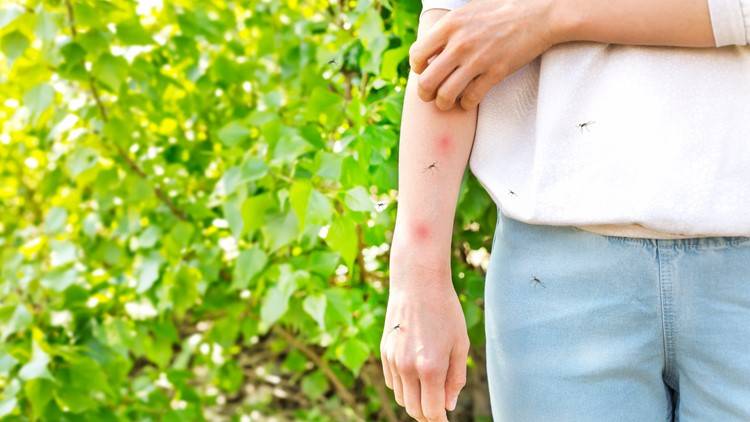
- Fight the bite with repellents, nets, and closing of doors and windows before sunset to keep the mosquitoes away. Wearing light coloured, full-sleeved clothes may help.
- Eliminate the breeding around by emptying all standing water and cleaning all water storage properly.
- Eating fresh, clean, cooked food at home with boiled and filtered water.
- Most importantly, the symptoms must not be ignored, like fever, rashes, and exhaustion. It is always suggested to take medical advice, which is better than random remedies.
- Of course, boosting immunity is important, along with staying hydrated, stress-free, and sleeping well.

Conclusion
Frequently Asked Questions
Can we drink Goat milk during Dengue?
Which milk is best for Dengue fever?
Goat milk is lighter as compared to other milks, so it is gentle on the stomach. It is better to have this milk, which is easier to digest by the stomach during dengue.
Is goat milk antiviral?
Goat milk is rich in nutrition, but there are no scientific reports that claim any antiviral properties of Goat milk.
Does goat milk increase platelets?
Platelet recovery during dengue depends on proper medical care, hydration, and rest. There is no scientific proof that goat milk increases platelet levels. However, it can provide hydration and nutrition at the same time.
Is dengue contagious?
Dengue is spread only when an infected mosquito bites someone, but dengue does not spread from person to person. So, dengue is not contagious.

